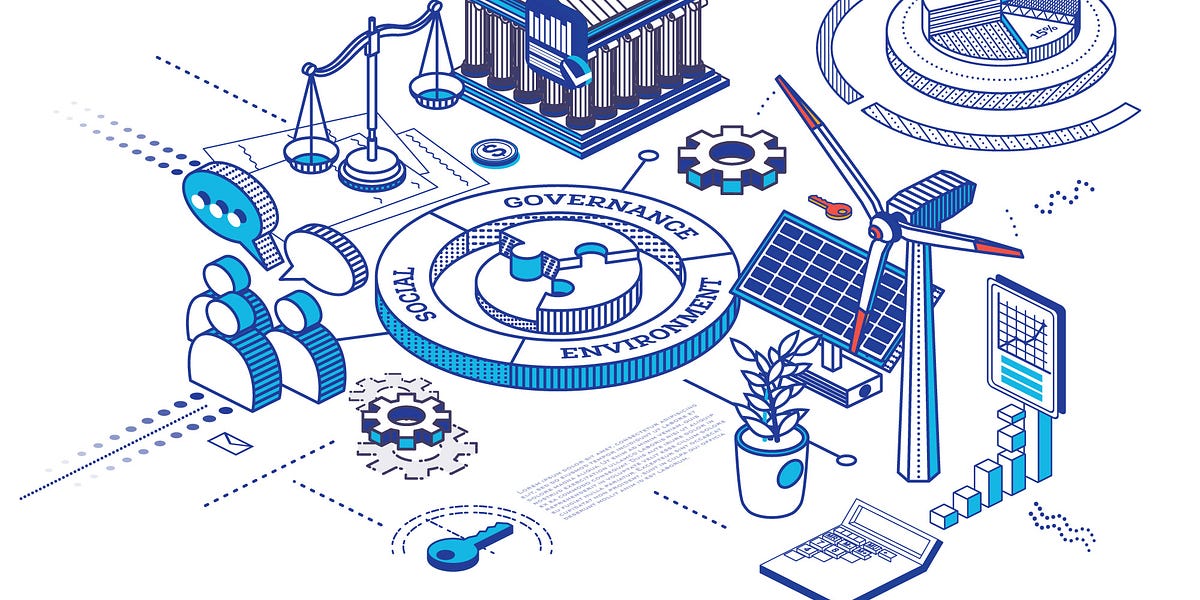
• Introduction
In a region historically defined by oil, a quiet revolution is reshaping the corporate landscape of Saudi Arabia. Environmental, Social, and Governance (ESG) frameworks are gaining serious traction, driven by both regulatory mandates and Vision 2030’s ambitious sustainability targets. A recent PwC Middle East survey revealed that over 70% of GCC CEOs are integrating ESG into their core strategies. But which Saudi companies are leading in ESG practices?
This blog explores the top ESG companies in Saudi Arabia and how they’re setting new benchmarks in sustainable development. For business leaders, compliance officers, and regulatory experts, understanding these shifts isn’t just smart—it’s essential.
• What is ESG?
Environmental, Social, and Governance (ESG) refers to the three critical factors used to measure a company’s ethical impact and sustainability efforts:
- Environmental: How a company addresses climate change, carbon emissions, energy efficiency, and resource usage.
- Social: Labor practices, employee rights, diversity, community impact.
- Governance: Corporate policies, compliance, board structure, and transparency.
Unlike traditional CSR (Corporate Social Responsibility), ESG is measurable and data-driven, forming a critical part of investor decision-making and risk assessment.
• Why ESG Matters for Saudi Businesses
With Vision 2030 placing sustainability at the heart of national development, Saudi businesses must prioritize ESG to remain competitive:
- Regulatory Push: The Capital Market Authority (CMA) now mandates ESG disclosures for listed companies.
- Investor Expectations: Global investors increasingly demand ESG compliance as a prerequisite.
- Reputation Management: ESG-aligned brands build stronger trust with customers and stakeholders.
ESG isn’t just compliance—it’s strategic differentiation in an increasingly eco-conscious market.
• Key ESG Challenges in Saudi Arabia
Despite the momentum, Saudi businesses face unique hurdles in adopting ESG frameworks:
- Lack of Standardized Frameworks: Limited clarity on which ESG models to adopt.
- Data Gaps: Difficulty in collecting and reporting ESG metrics.
- Cultural Barriers: Resistance to change, especially in traditionally managed sectors.
- Resource Constraints: SMEs struggle with the cost of ESG implementation.
These challenges require tailored solutions rooted in both global standards and local insights.
• Solutions & Best Practices
To overcome ESG adoption barriers, companies can take the following steps:
- Align with International Frameworks
- Use GRI (Global Reporting Initiative) or SASB (Sustainability Accounting Standards Board) standards.
- Integrate ESG goals with Vision 2030 KPIs.
- Start with Materiality Assessments
- Identify key ESG issues most relevant to your industry and stakeholders.
- Prioritize initiatives that offer measurable impact.
- Implement ESG Software Solutions
- Use platforms like CG BOD’s GRC software to automate ESG tracking, reporting, and risk management.
- Invest in ESG Training & Culture
- Train leadership and employees on ESG awareness.
- Foster a culture of accountability and transparency.
• ESG Case Studies: Top 5 Saudi Companies
- Saudi Aramco – Energy Giant Going Green
- ESG Focus: Carbon capture, renewable energy, supply chain sustainability.
- Highlights: Launched a $1.5B Sustainability Fund; aims to achieve net-zero Scope 1 and 2 emissions by 2050.
- SABIC – Sustainable Manufacturing at Scale
- ESG Focus: Circular economy, product innovation.
- Highlights: One of the first in the region to publish a GRI-based ESG report; pioneers in chemical recycling.
- Saudi Electricity Company (SEC) – Powering Sustainability
- ESG Focus: Energy efficiency, emission reductions.
- Highlights: Launched smart meter project; invests heavily in renewables and grid modernization.
- Saudi National Bank (SNB) – Financing ESG Innovation
- ESG Focus: Green financing, financial inclusion.
- Highlights: Issued green sukuks; integrates ESG into lending criteria.
- ACWA Power – Renewable Energy Vanguard
- ESG Focus: Clean energy, water desalination.
- Highlights: Operates 69% of Saudi Arabia’s renewable energy projects; listed on the Tadawul ESG index.
These companies are not only complying with ESG—they’re shaping its future in the Kingdom.
• Conclusion
As ESG gains prominence in Saudi Arabia’s economic transformation, businesses that fail to adapt risk falling behind. The path is clear: ESG is no longer optional—it’s a strategic necessity.
By aligning with global standards, embracing technology like CG BOD’s GRC software, and learning from ESG leaders, Saudi companies can build sustainable, future-ready enterprises.
